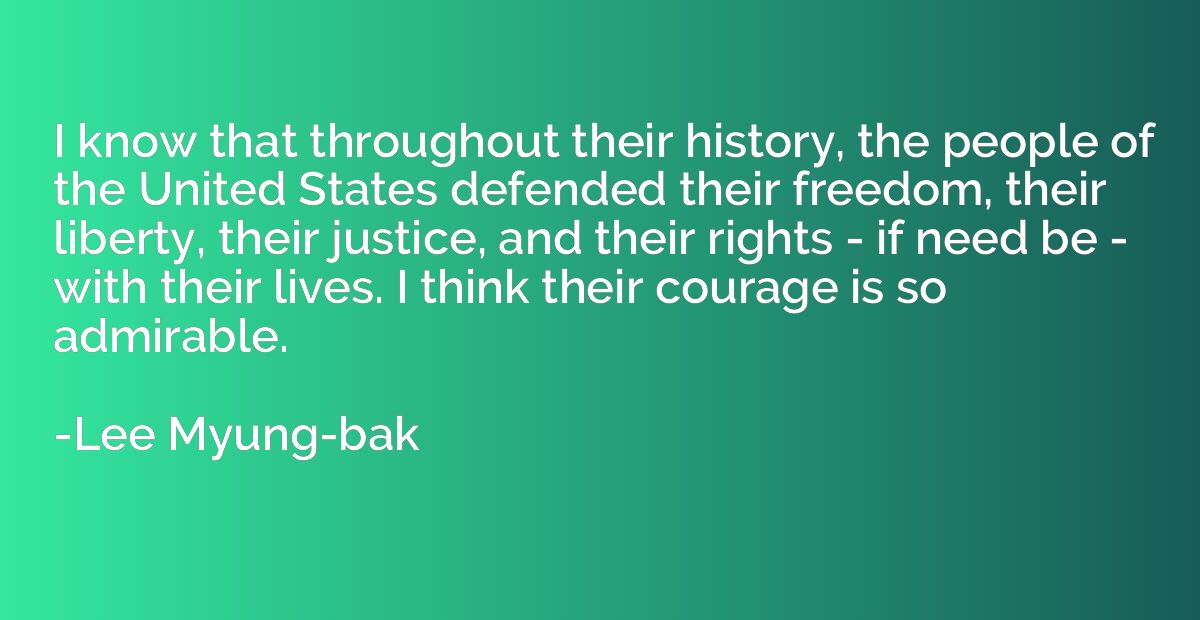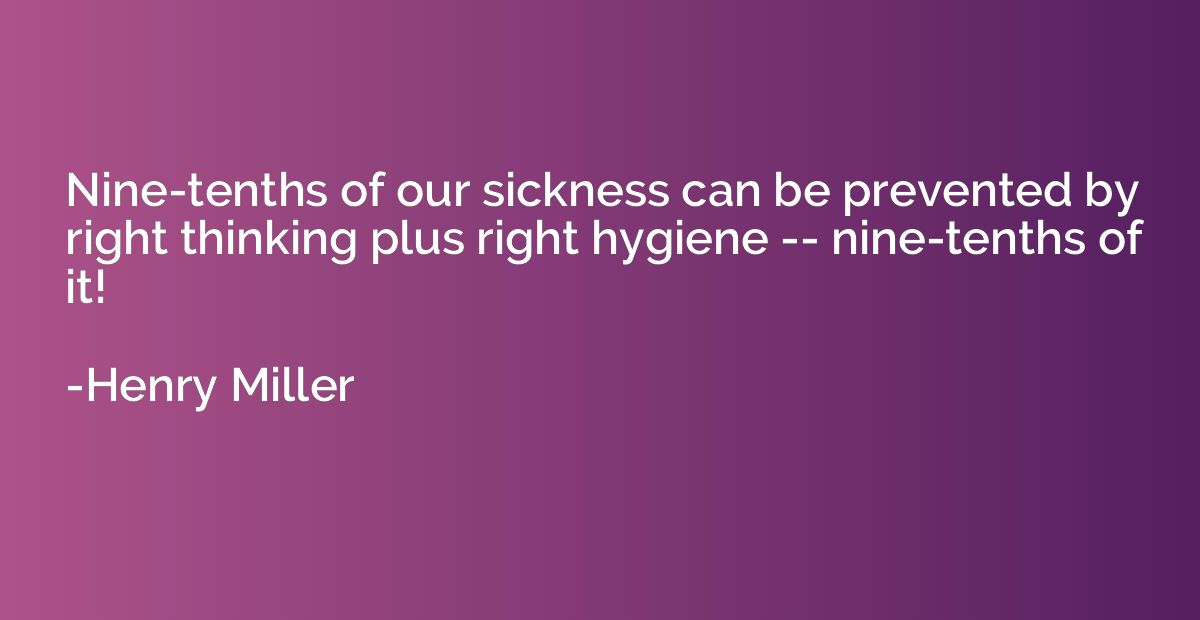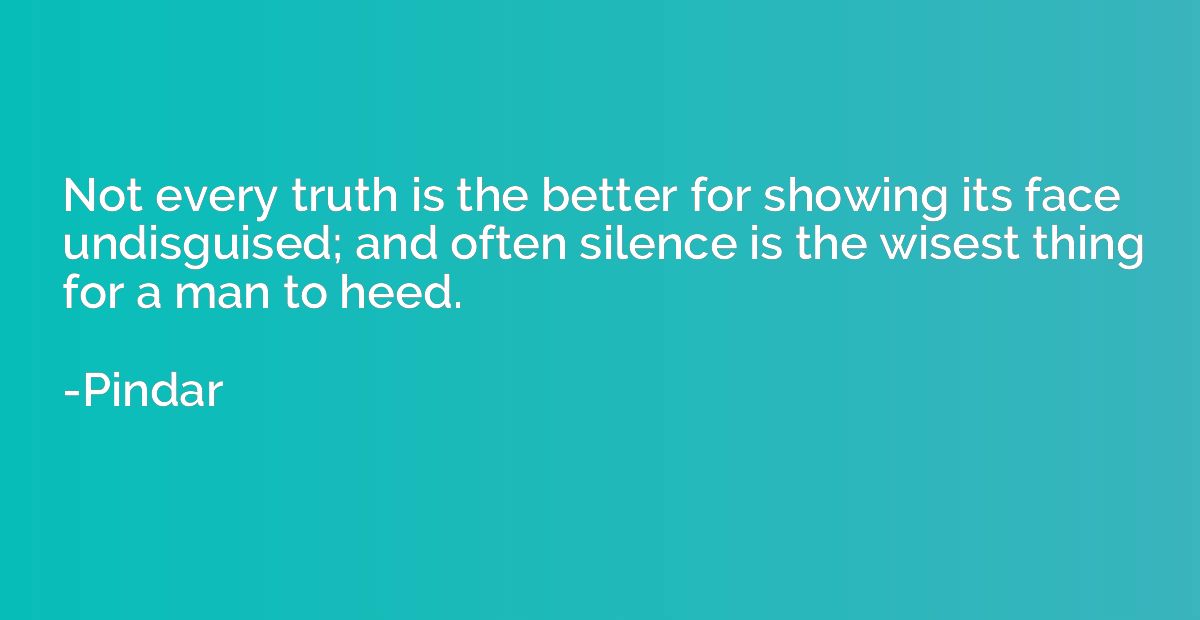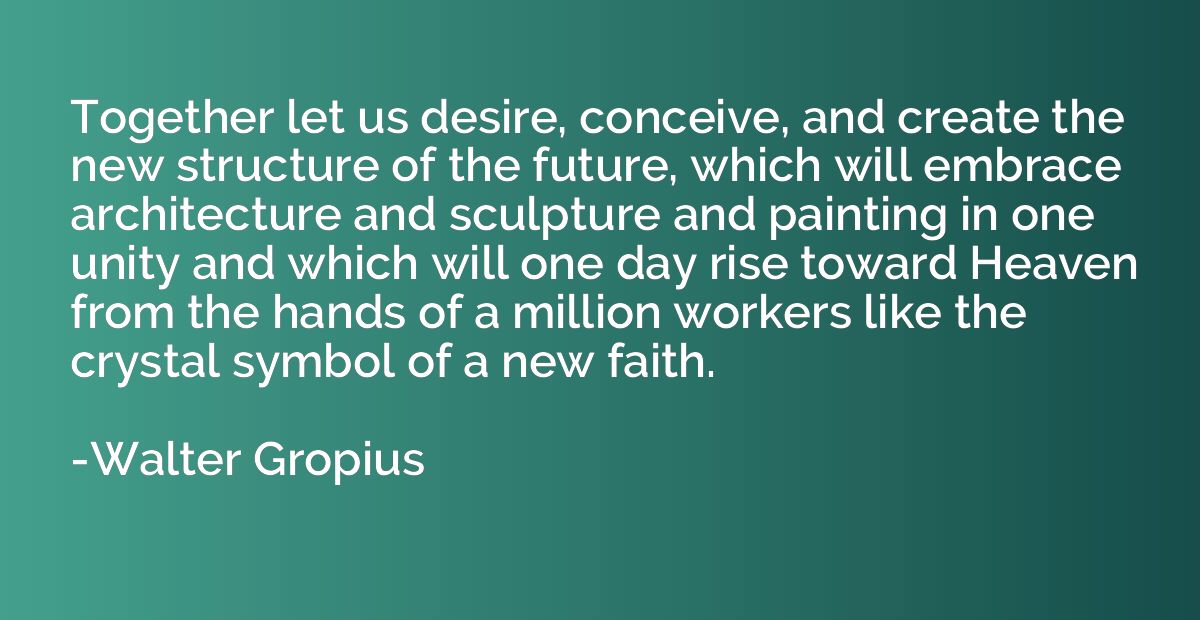Quote by Daisaku Ikeda
Women are, in my view, natural peacemakers. As givers and nurturers of life, through their focus on human relationships and their engagement with the demanding work of raising children and protecting family life, they develop a deep sense of empathy that cuts through to underlying human realities.
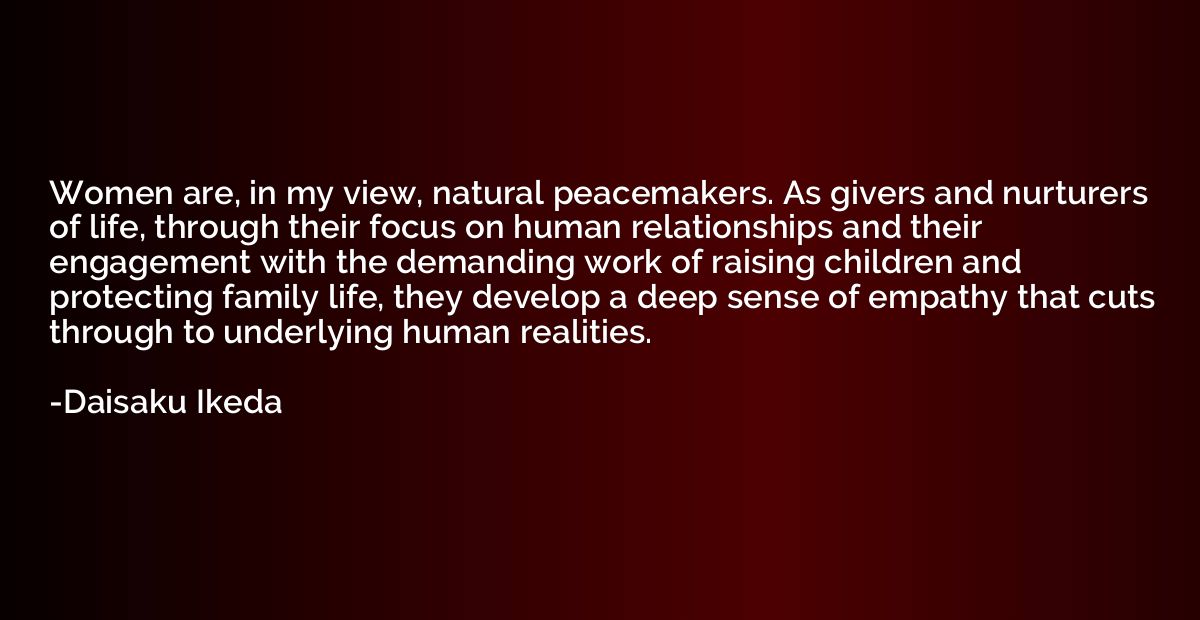
Summary
This quote suggests that women possess a natural inclination towards promoting peace due to their roles as life givers and nurturers. It argues that women, through their experiences in forming and maintaining human relationships, particularly in the context of raising children and safeguarding family life, cultivate a profound level of empathy. This empathy enables them to understand the fundamental aspects of human existence and bridge divides among individuals, thus positioning women as natural mediators and promoters of peace.









